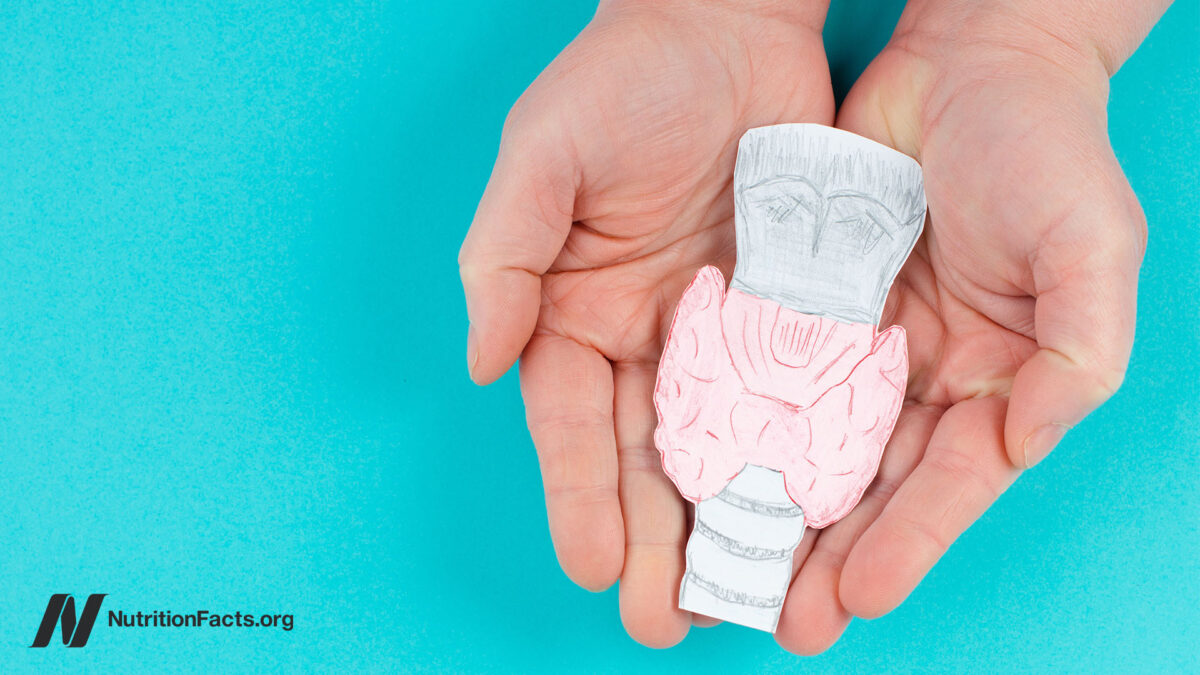How to Have a Better Relationship With Your Teenager
One of the hardest parts about parenting is the uncertainty about the future. As much as you want to (and try to) do the right thing, it can be hard to predict what the end results of your efforts...


Photo: Perfect Wave (Shutterstock)
One of the hardest parts about parenting is the uncertainty about the future. As much as you want to (and try to) do the right thing, it can be hard to predict what the end results of your efforts will be, once your child has eventually grown up and left home. Parenting during the teenage years can feel especially fraught as teens become increasingly independent and begin to distance themselves from their parents. It’s enough to make any parent wonder what type of relationship they’ll eventually have with their adult children—and whether there is anything we can do now to influence that.
In a recent study that followed 1,631 participants from sixth grade to the age of 22, researchers looked at how the parent-teenager relationship evolved over time, and how likely participants were to report a close relationship with their parents at the end of the study. What they found was that teenagers who reported a warm, involved relationship with parents who practiced effective discipline were more likely to report a close relationship at the age of 22.
In contrast, teenagers who reported a change in their parental relationship over time, where their parents became less warm and less involved, while also practicing harsh or unpredictable discipline, were less likely to report a close relationship with their parents as an adult.
How your relationship with your teen changes over time
“The adolescent years is a period of life when you want adolescents to pursue independence and autonomy,” said Shichen Fang, a researcher at Concordia University and one of the authors of the study. One of the effects of this increased autonomy is that “you do see a decline in the parent-child relationship, both in terms of quantity and quality.” For teenagers, their world is expanding to include a social life and interests outside of their family, while for parents, the stakes of parenting can feel much higher the closer their teenager gets to adulthood.
G/O Media may get a commission

up to $200 off
Price-matched Roombas
Roombas: Price Matched!
Prime Day is but a distant memory, however, Crutchfield is price-matching iRobot Roombas until October 16. You can save up to $200 and save yourself hella time by letting a smart little robot vacuum clean for you. Here are some choice vacuums below.
“Our research showed that parenting can change a lot during the teenage years: Parents often express less warmth and affection, spend less time with their teens, and become more harsh in their discipline,” Greg Fosco, a professor at Penn State and one of the authors of the study, said in a press release. However, although the pressures of parenting can make it feel like these changes are necessary, it can have a longterm, negative impact on the parent-child relationship.
This is especially true if the parent-child relationship shifts from a warm, loving one during childhood to a harsh, less affectionate relationship during the teenage years. “We were able to show that if the decline in the parent-child relationship is too steep, that steeper decline will lead to a worse outcome,” Fang said.
The importance of a warm relationship with your teen
In the study, researchers were able to survey participants on how much time they spent with their parents, how often their parents expressed affection or appreciation for their teenager, and what kind of discipline they used. Teenagers who reported a close relationship with their parents as adults reported spending more time with their parents, reported receiving more affection and appreciation from their parents, and also reported being disciplined in a way that was consistent, fair, and lacked harshness.
In practice, this can look like spending time together eating as a family, doing regular activities together, or spending time talking about homework and school activities. “It isn’t always saying ‘I love you,’” Fang said. “It could be showing affection in other ways. Kids need to feel that you love them.”
When it comes to disciplining a teenager, researchers looked at three separate components: whether the discipline was consistent, whether teenagers were given a clear rationale for the rules and disciplinary actions, and whether or not the discipline was harsh. Teenagers who reported consistent, non-harsh discipline, for which they understood the rationale, were also more likely to report a close relationship with their parents as adults.

 Hollif
Hollif 























.jpeg?trim=0,89,0,88&width=1200&height=800&crop=1200:800)








